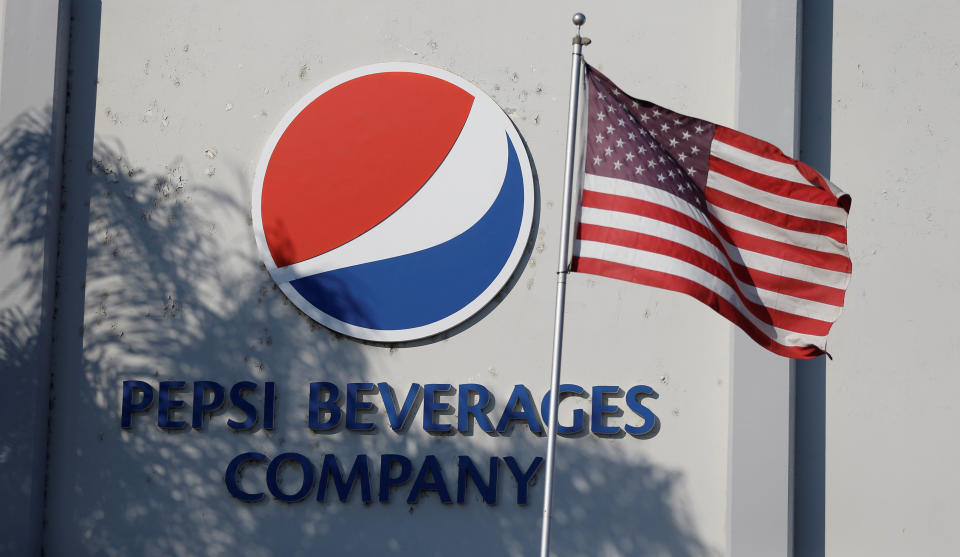Pepsi has a 200-employee division that it runs like a tech company

PepsiCo (PEP) may be known for its iconic soda and snack brands like Frito-Lay and Quaker that are sold largely via wholesale distributors, mass merchants, grocery stores, and convenience stores . But the traditional packaged goods business is ramping up its efforts in a newer sales channel: e-commerce.
In its third quarter report, PepsiCo CEO Indra Nooyi said the company’s e-commerce sales are projected to be up 80% in the US and nearly double in China.
“We are pleased with the progress we are making in the e-commerce channels,” Nooyi said on the company’s conference call. “They’re addressing growth opportunities across e-grocery, pure play, oven grocery delivery, direct-to-business and direct-to-consumer models.”
The e-commerce business runs direct sales through channels like Amazon.com and Walmart.com. It’s small with $1 billion in annual sales versus the company’s overall $63 billion in sales.
But PepsiCo’s broader initiatives online and also its high growth amid a changing retail landscape have made it a focus for Nooyi, according to Barclays’ Lauren Lieberman.
“Pepsi is trying to communicate and lay out that they are ahead of the curve in terms of trends,” Lieberman said.
“More like a tech company”
The company uses “big data” and “predictive analytics” to determine what Nooyi calls “real-time marketing messages, dynamic merchandising and tailored offers” to drive higher basket sizes for customers online.
Nooyi explained that the company’s success and growth in this area is driven by investments in attracting talent to build its global e-commerce business units.
“Today we have a team of roughly 200 e-commerce professionals supporting our businesses to capture growth in the rapidly emerging e-commerce channels,” she said. “It’s made up of seasoned e-commerce and tech professionals combined with our best entrepreneurial talent from within PepsiCo.”
Nooyi is mindful of the the fact that the needs and wants of this type of talent differs from those of traditional packaged goods workers.
“We are managing the unit more like a tech company than a traditional CPG from how and where they work to the risk they can take to how they are compensated,” Nooyi said. “And we continue to fortify and enhance the full speed of capabilities that we believe will enable us to win in these channels from data analytics to specialized e-commerce supply chain know-how.”
PepsiCo is also working with retail companies to execute appropriately in this online effort.
“We are increasingly collaborating with our retail customers to make our e-commerce capabilities yet another point of differentiation in our value-added relationships with them,” Nooyi said.
“While overall penetration of food and beverage remains relatively low compared to most of the categories, it is growing fast and is developing,” Nooyi said. “And we believe we are well-positioned to win in this space.”
Amid dramatic changes in the retail landscape, Nooyi told analysts PepsiCo is ready to take them head-on.
“This is going to be a period of brilliant disruption over the next three to five years, and we can approach it with pessimism or optimism. We actually think this could be a time when a lot of competitive balances could be reset,” Nooyi said. “And as perhaps the largest U.S. company in food and beverages and the second-largest food and beverage company in the world, believe me, we will play an outsized role in this resetting of the competitive balance.”
Nicole Sinclair is markets correspondent at Yahoo Finance
Please also see:
Paychex CEO reveals a sign that regulations are actually on the rise
Procter & Gamble CEO: Why activist investor Nelson Peltz is wrong for our board
World’s biggest advertiser on challenges of ad placement on Facebook and other digital media
Amazon just made a major push into restaurant delivery
